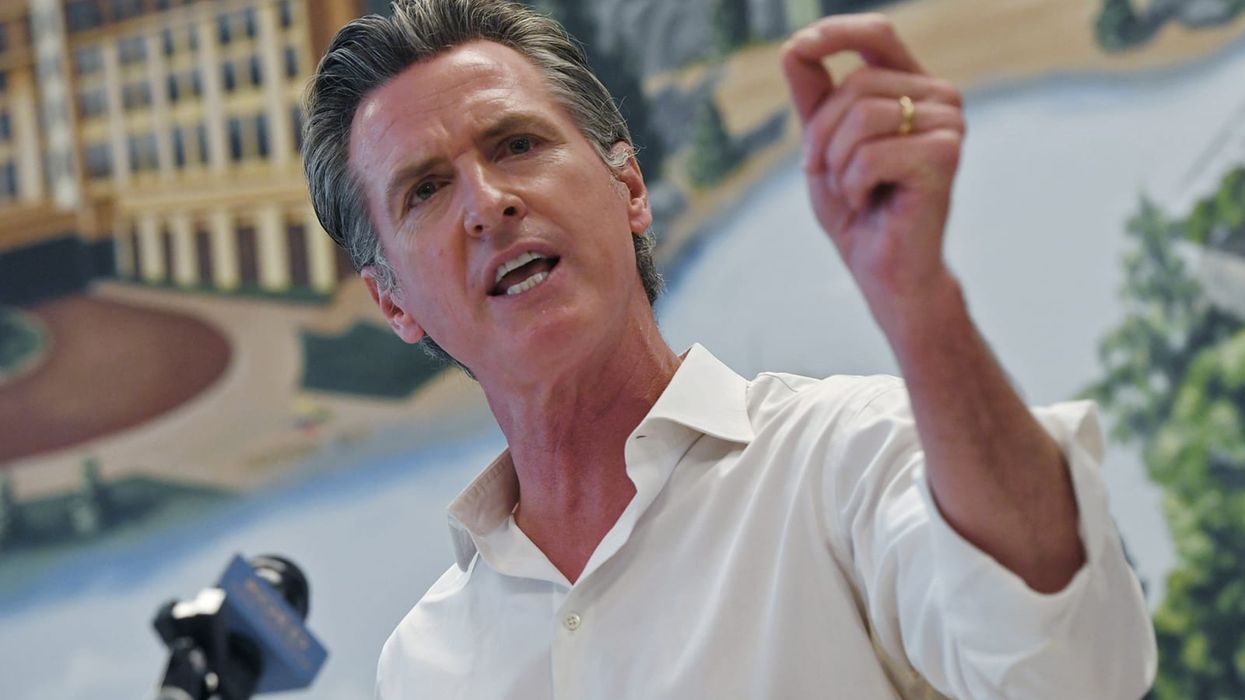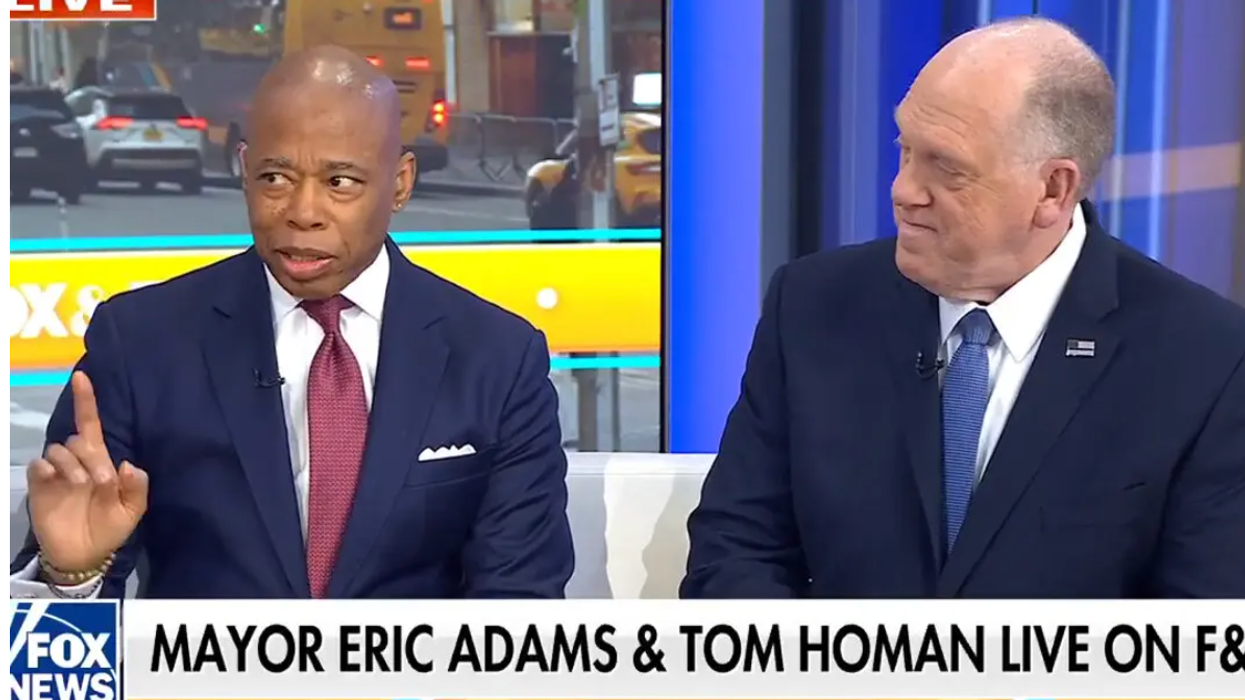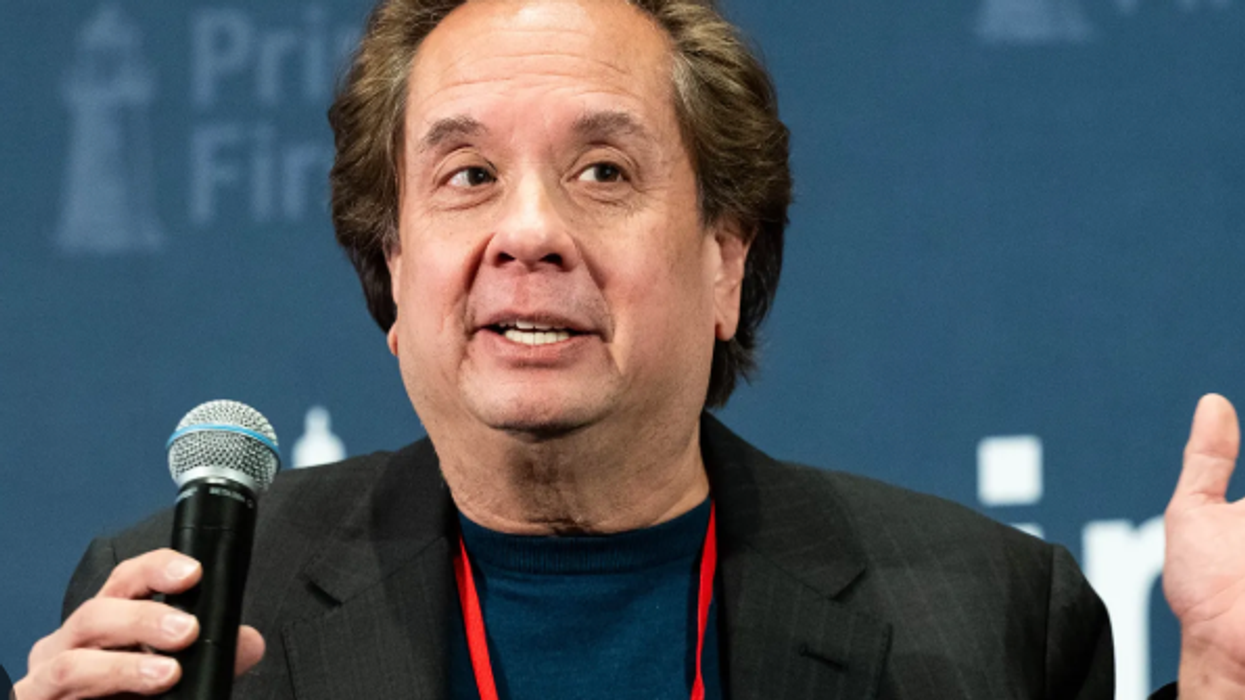Newsom Launches Ad Blitz In War On GOP Gerrymander
California Gov. Gavin Newsom is launching a major advertising campaign to persuade voters to support his initiative aimed at reshaping the state’s congressional districts ahead of the 2026 midterms.
The Democratic governor debuted two ads Tuesday on social media—part of at least nine spots scheduled for release this week—as the ad war over Proposition 50 begins in earnest. The measure would allow Newsom to redraw California’s congressional districts, potentially neutralizing the GOP advantage expected from Texas’ new Republican lines.
“This is a shock-and-awe approach. It’s not your grandmother’s media campaign where you do one woodworking ad and put it across all platforms. We’re living in a very different media environment,” Sean Clegg, a senior Newsom strategist, told Politico.
The ad blitz is part of a multifaceted campaign expected to cost about $100 million, according to NBC News. While the spots will run across TV and digital platforms, the initial focus is likely to be on YouTube, recognizing the changing media consumption habits and the rising costs of TV advertising in California.
The first ad, titled “Blitzkrieg,” directly attacks President Donald Trump, accusing him of “following the dictator’s playbook,” and highlighting his administration’s aggressive immigration enforcement and university crackdowns. The ad is a direct appeal to California’s largely Democratic base and frames Prop 50 as a chance for voters to stop Trump.
The second ad, “Emergency,” features Sara Sadwani, a commissioner on the state’s independent redistricting panel, and is aimed at independents. She emphasizes that the new maps are temporary.
“Trump’s scheme to rig the next election is an emergency for our democracy,” Sadwani says.
Both ads end with the tagline, “Save democracy in all 50 states.”
Newsom himself does not appear in the first two spots, but a third ad that debuted on Tuesday focuses heavily on him. According to Politico, future ads will feature other national Democratic figures, similar to the strategy used in the 2021 recall effort.
But opposition to Prop 50 is already pushing back. Protect Voters First, which is funded by GOP mega-donor Charles Munger Jr., released an ad portraying the ballot measure as a threat to California’s independent redistricting commission, which voters approved nearly 20 years ago.
Munger has already contributed more than $20 million to the campaign and plans to spend more. His group argues that a vote against Prop 50 protects the commission and preserves voter trust.
The stakes are unusually high for an off-year election. California Democrats view the initiative as a counter to GOP gerrymandering in Texas, which could result in the addition of five GOP seats in 2026, with Missouri likely to follow suit.
Clegg said that the ads are designed to resonate with Democratic base voters by highlighting threats to democracy and Trump’s overreach.
“The democracy stuff is cutting because Trump has now overreached,” he said. “It’s not theoretical anymore.”
Newsom’s campaign has raised more than $13.2 million from August 11-31. And his social media tactics—mocking Trump’s all-caps, attention-grabbing style—have received a surge in engagement, with his press account gaining 500,000 new followers and more than 480 million impressions since August 1.
With nearly $10 million already booked by opponents, the Nov. 4 special election is set to become one of the most expensive and closely watched off-year campaigns in the country.
Newsom is betting that his aggressive ad strategy and high-profile messaging can mobilize Democrats and reshape California’s congressional map—putting him at the center of a national showdown and squarely in voters’ minds.
Reprinted with permission from Dailykos.












